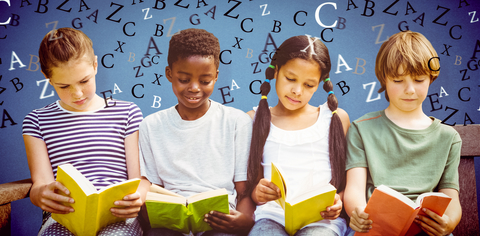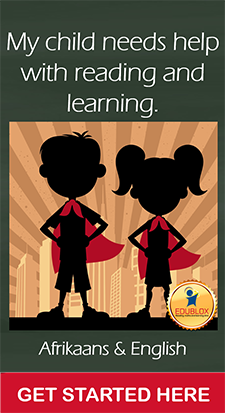Overcoming a Language and Reading Problem
Language plays a vital role in reading. Its role in reading can be compared to the role of running in the game of soccer. One cannot play soccer if one cannot run. One cannot read a book in a language unless one knows that particular language.
Read MoreOvercoming Spelling Difficulties
The ability to spell correctly is one of the fundamentals that will never cease to be important. Not only can spelling difficulties cause problems at school, but the ability to spell is nearly essential for adult employment. It is thus wise to make sure that a child’s spelling is on par.
Read MoreTips for Parents: Assessing Your Child’s School Report
Just before the school holidays really begin, there is a moment of truth when parents receive their child’s year-end school report card. Knowing what to look out for when reading a school report is really essential for all parents, regardless of the final mark their child receives.
Read MoreMaths Learning Difficulties Are Real
When talking about learning difficulties many people assume that we are referring to a reading difficulty. We often hear the saying, “A learning problem is a reading problem.” This, of course, is not true. Among students classified as learning disabled, arithmetic difficulties are as prevalent as reading problems.
Read MoreThe A2Z of Reading Difficulties
If your child is having trouble learning to read, the best approach is to take immediate action. Ninety-five percent of poor readers can be brought up to grade level if they receive effective help early. The longer you wait to get help for a child with reading difficulties, the harder it will be for that child to catch up.
Read MoreSchool Need Not Be a Nightmare
Dumb, stupid. Definitely two of the most repugnant words in the English language; words that ought to be regarded as swear words! Still, that is how children label themselves when they experience school as a nightmare.
Read MoreRev Up for Reading
How does your child fare with reading? It’s one of the first skills taught at school and has far-reaching consequences throughout your child’s life.
Read MoreEarly Warning Signs for School Failure
How is your child coping at school? Is he struggling to grasp new concepts and cope with the workload? Three areas of human develop influence a child’s ability to learn. Physical, emotional and cognitive areas are separate and different in many ways, yet similar and connected in others. Your child may present with a problem in one area, but its cause may lie in another.
Read MoreWhy Some Children Struggle to Learn to Read
Most children look forward to learning to read, a process whereby they learn to transform what are essentially abstract squiggles on a page into meaningful letters and then sounds and then words, and then entire sentences and paragraphs.
Read MoreIs Your Child Coping in Class?
There are three areas of human develop that can influence a child’s ability to learn; namely physical, emotional and cognitive development. While these three areas are distinctly different they are connected in many ways.
Read More













